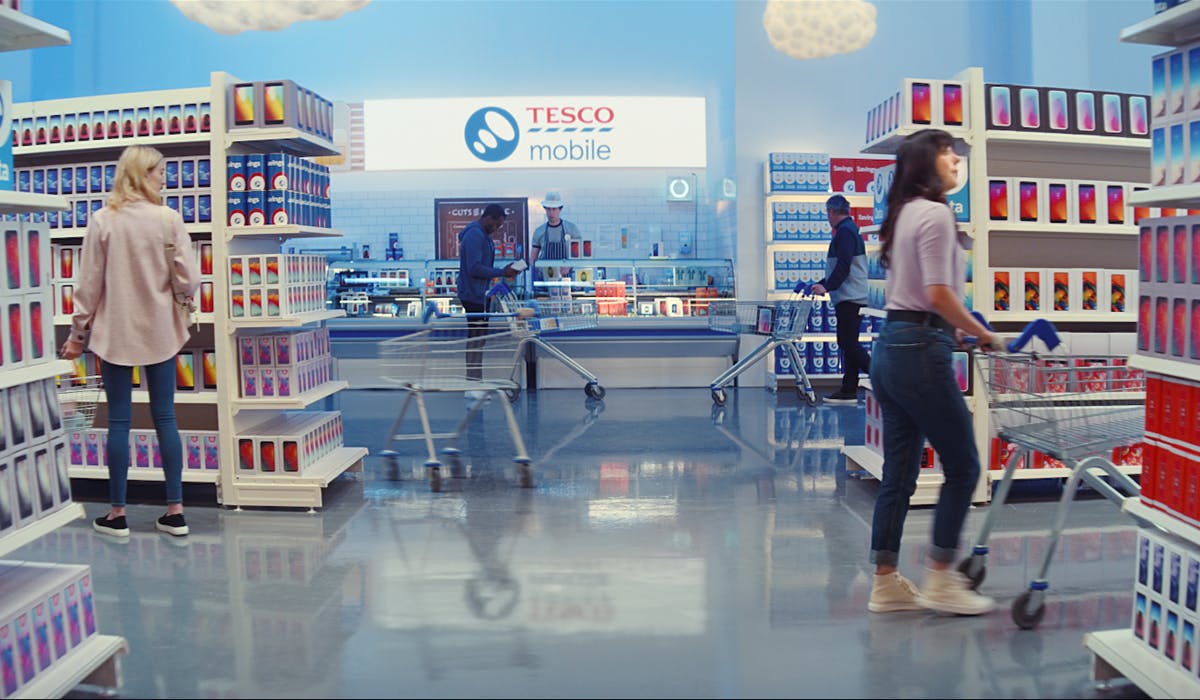
Tesco CEO Reveals Groundbreaking Perspective: Marketing is Not an Expense, It's the Key to Future Success

Tesco's CEO sees marketing as an investment, not a cost, as the company increases profit forecast due to lower food cost inflation The focus is now on emphasizing provenance and loyalty in their marketing strategies
Tesco has unveiled robust interim results for the first half of 2023, demonstrating impressive sales growth and increased market presence.
The retail giant has disclosed a noteworthy 7.8% surge in like-for-like sales, primarily fueled by its operations in the UK and Republic of Ireland. Consequently, it has revised its operating profit forecasts to a range of £2.6-£2.7 billion, surpassing its initial projection of £2.5 billion.
Tesco's aggressive pursuit of its 'Save to Invest' cost-saving program has not affected its marketing strategy, according to CEO Ken Murphy. He views marketing as an investment rather than a cost and emphasizes the importance of optimizing marketing efforts for maximum return. Despite challenges in its Central European branches due to price pressures and inflation in Hungary, Tesco has achieved a 13.5% increase in retail operating profit, amounting to £1,417m on a constant basis.
In the call discussing the results, Murphy attributed the chain's success to its emphasis on price matching and value through its Clubcard scheme. He acknowledged the difficulty many households face with the rising cost of living and stated that they have made efforts to ensure their prices are highly competitive. During the half, they reduced prices on approximately 2,500 products, resulting in an average cost saving of around 12% for customers.
To further establish itself as a comprehensive option compared to premium retailers, it is promoting its extensive product range and savings in its marketing materials.
Regarding M&S CEO Stuart Machin's comment about retailers using other brands for their advertising, Murphy suggests that Tesco is positioning itself as a competitor through different means. According to him, Tesco prefers to rely on the quality of its products to speak for themselves. Their focus is on product innovation and ensuring that their finest products are as good, if not superior, to those offered by M&S and Waitrose. Their goal as a food innovation team is to be recognized as the top retailer for both quality and value. This approach has proven to be successful for them.
In September, Alessandra Bellini, the chief customer officer, announced her departure from the role after seven years. Instead of seeking a replacement, the company has decided to establish a new unit led by Ashwin Prasad, the group chief commercial officer.
Tesco, the pioneer of the supermarket loyalty scheme known as Clubcard, continues to generate significant revenue for the business. The penetration of Clubcard sales has increased in all regions, with the UK and Republic of Ireland experiencing an 80% rise. This translates to a total of 7.5 million UK customers using their Clubcard membership at the checkout, reflecting a 62% year-on-year increase.
Clubcard is an integral part of our personalisation strategy, according to Murphy. In the first half of the year, we distributed 86 million personalised coupons to almost 6 million customers. Additionally, Murphy highlighted that during this period, Tesco competed directly with Aldi on 650 products, meaning that customers could find the cheapest option in our stores on approximately 1,500 to 2,000 product lines every day.
Tesco is strategically positioning itself to consistently emphasize its discounts and price-matching initiatives to consumers. Being in possession of a substantial 27% market share, the company is well-positioned to establish its own pricing strategy without directly considering its competitors.














